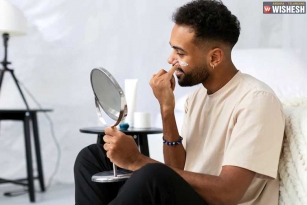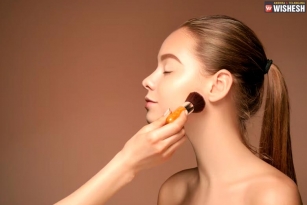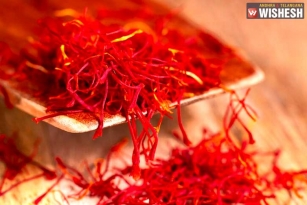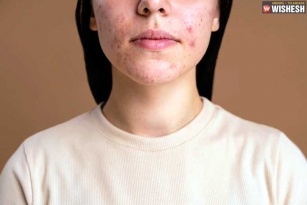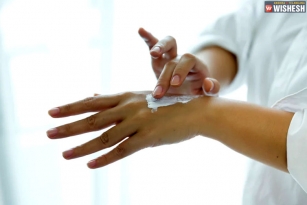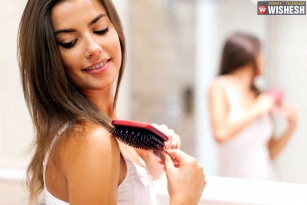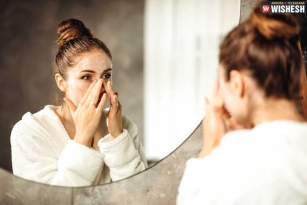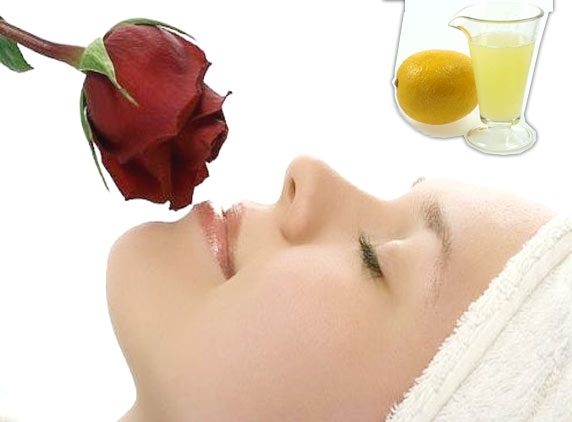
If youre anything like most baby boomers, after graying hair, poor eyesight, weight gain and winkles, age spots rank fifth on your list of aging nuisances. But you can find comfort in erasing those age advertisers right from your own kitchen.
What Causes Age Spots
To protect your skin against excessive sun exposure, your skin makes cells called melanocytes. Melanocytes create the dark brown pigment called melanin. The melanin makes your skin look darker or suntanned.
But sometimes, your typical day in the sun causes an uneven jump in melanocytes. This awkward production creates irregular coloring or pigmentation of the skin.
The resulting solar lentigines, or what most people call liver spots or age spots, can appear brown, black or gray. Age spots pop up on the areas of the skin most readily exposed to the sun, like the chest, back, face and hands.
Even youngsters can get age spots with too much unprotected sun exposure.
How to Avoid Age Spots Completely
Preventing age spots proves the best way to completely avoid them. This includes:
1. Avoiding intense sunlight hours from 10 a.m. to 4 p.m.
2. Wearing a hat and long sleeve shirt in the sun.
3. Applying sunscreen 20 minutes before going outdoors and reapplying it every two hours.
Precautions
Additionally, note that the sun and excess chemicals dont mix. For instance, most often in middle-aged women, might mistake irregular areas of reddish-brown pigmentation called poikiloderma for age spots.
Poikiloderma results from chronic sun exposure combined with sun-sensitive chemicals in cosmetics or perfume. Hence, poikiloderma most frequently appears on the side of the neck or on the cheeks.
Sunscreen Is More Potent Than You Thought
You may feel annoyed with the repeated advise of slathering yourself with sunscreen, but a study published in the October 14, 1993 edition of the New England Journal of Medicine gives you reason to appreciate your sunscreen an effective age spot eraser.
In the study, researchers found that among sunscreen users, those who rubbed on the most cream with the greatest regularity had the largest reduction in actinic keratoses.
Actinic keratoses (AKs) describe the rough, red, scaly patches, crusts or sores that measure anywhere from one-quarter to one-inch in diameter. Like most other age spots, youll find actinic keratoses on body areas most readily exposed to the sun.
How To Minimize the Appearance of Age Spots
Eat your age spots away Research studies also reveal the benefits of eating your nutrients to reduce the appearance of age spots. The water-soluble pigment found in most vegetables, fruits, grain, flowers, seeds, leaves and bark, called flavanoid provides numerous antioxidant properties.
In research studies, flavanoids even prevented cancer formation in animals.
Likewise, youll find age spot reducing properties in soy products. The protein extracts of soybean and soymilk contain several different estrogen-like substances called isoflavones. One study showed that soy isoflavones might lighten age spots.
Home Remedies
Erasing your age spots can begin right in your own kitchen. In Japan, the rice based drink, sake, serves as an age spot lightener when applied to the skin.
You can also use lemon juice to lighten age spots. Simply dab a cotton ball in freshly squeezed lemon juice and apply the liquid to the age spots twice daily- once in the morning and once in the evening. Warning: Lemon juice makes the skin photosensitive so ensure to protect your skin with sunscreen before enjoying the sunshine.
Pull a green papaya out of the fridge and use the fleshy side of the skin to reduce age spots. Just apply the papaya to the spots for 15-20 minutes daily and repeat until you attain the desire lightness.
Of course, since home remedies offer an inexpensive and gentle way to reduce age spots, they require time to see results- usually six to eight weeks.






